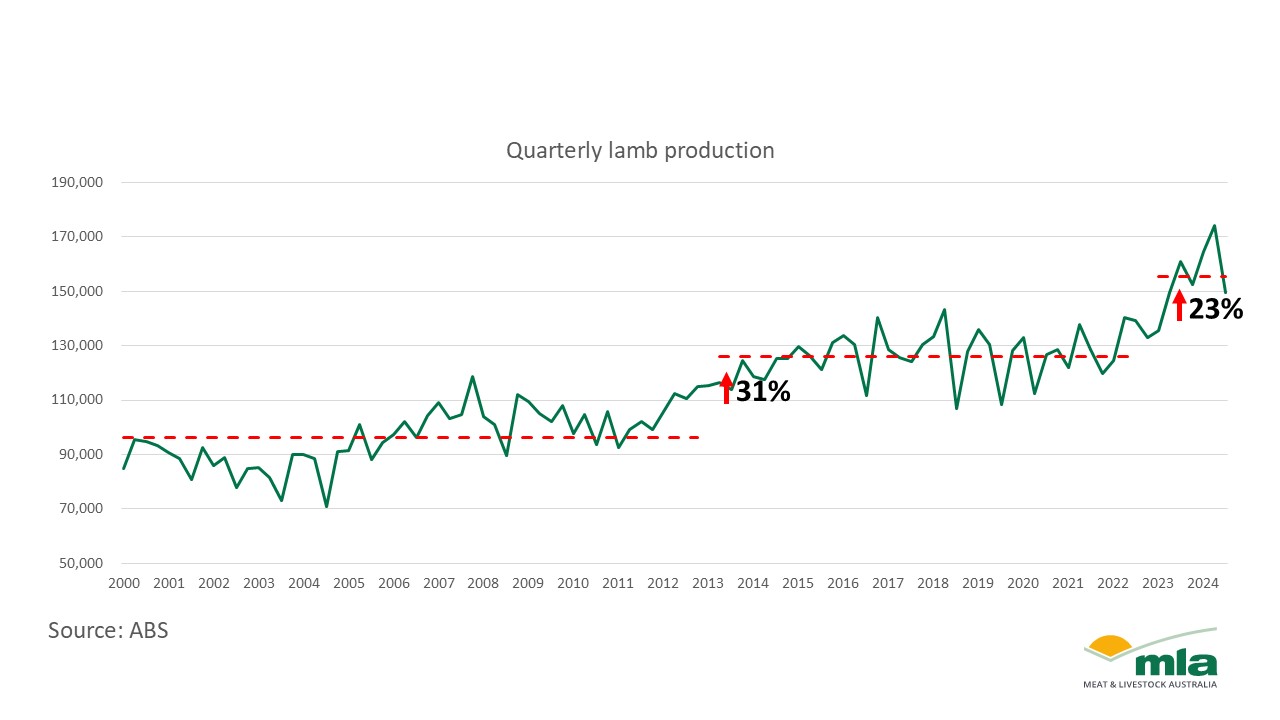RSPCA Victoria has revealed the specific animal welfare issues it will focus on over the next two years with the launch of its 2024-2026 animal welfare goals, which encompass wildlife, companion animals and animals used in sport and agriculture.
Speaking about the animal welfare goals, RSPCA Victoria CEO Dr Liz Walker, said the organisation would work towards bringing about changes to policy and practice to improve animal welfare.
“We know animal welfare matters to Victorians, and following the recent release of our , we’ve identified seven areas we feel could have a great impact on animal welfare across the state,” Dr Walker said.
“Much of our advocacy work happens behind the scenes, working directly with government, industry, and other animal welfare organisations, and over the years we’ve been able to achieve some including new legislation to directly reunite lost pets with their owners, and laws on pet rental reform finally coming into effect in 2020 after years of work.
“We’re looking forward to continuing our work, advancing animal welfare across the state of Victoria.”
While the intention is to focus on these goals for a two-year period, a review of progress and any revisions required will be undertaken annually.
RSPCA Victoria’s 2024-2026 Animal Welfare Goals:
Wildlife (Game) Regulations review is undertaken and stricter measures for hunting are enacted
ISSUE: While hunting of animals continues, RSPCA Victoria will advocate for changes to laws, policies and practices to support a reduction to the wounding rate and therefore reduce unnecessary pain and suffering.
The current review of the Wildlife (Game) Regulations provides a valuable opportunity to advocate for changes that will reduce wounding including:
• banning bow hunting,
• regulating a maximum shooting distance, and
• requiring proficiency testing for all hunters.
RSPCA is also advocating for the threatened Australasian Shoveler species to be removed from the game list.
Victorian government legislates national poultry standards and guidelines
ISSUE: The Australian Animal Welfare Standards and Guidelines for Poultry have been endorsed by Agriculture Ministers from all states and territories.
These standards will improve welfare for all species of poultry and also include a phase out of conventional cages for layer hens by 2036.
The final step is for the Victorian Government is enshrine the standards into Victorian legislation to ensure conventional cages are phased out by 2036.
RSPCA Victoria will advocate for the standards to be included under animal welfare legislation.
³Ô¹ÏÍøÕ¾ Horse Traceability System is implemented
ISSUE: Being able to trace horses and communicate with their owners/carers on a timely basis is vital for emergency disease management, natural disaster response and preventing cruelty and neglect.
Currently, horse owners are not required to identify or register their horses and there is no national database to record and retrieve this information.
In April 2023 it was agreed that a ³Ô¹ÏÍøÕ¾ Horse Traceability Implementation Taskforce (the Taskforce) be formed to oversee the implementation and operation of the traceability system on behalf of the jurisdictions.
RSPCA Victoria is represented on the Taskforce and will continue to advocate for improved traceability for horses in Australia including the use of microchips for identification.
Animal welfare is improved in pig production systems
ISSUE: Pig farming is one of the most intensive of all the livestock production systems, with many aspects of pig production causing welfare concerns. Intensive production systems expose pigs to various stress factors, preventing many from experiencing higher standards of welfare.
The key animal welfare issues with pig farming include close confinement (use of sow stalls, farrowing crates and boar stalls), barren environments, lack of enrichment and painful piglet husbandry procedures.
RSPCA Victoria has the following key asks to improve pig welfare:
• Phasing out sow stalls and conventional farrowing crates
• Providing more enrichment opportunities for pigs
• Phasing out unnecessary and painful piglet husbandry procedures, and providing mandatory pain relief for those that continue
• Funding research to determine more humane methods of stunning prior to slaughter.
Adequate funding is provided to implement the cat management strategy
ISSUE: For many people cats are beloved family pets, but they also breed quickly, are often not reclaimed when lost and are widely recognised as a significant threat to our native fauna.
The government is currently developing a cat management strategy for owned and unowned cats. RSPCA Victoria is advocating for adequate funding to ensure the strategy is effective.
Jumps racing is banned in Victoria
ISSUE: Victoria is the only state/territory in Australia that continues to allow jumps racing.
Horse injuries occurred at a rate of 68.9 per 1000 starts in jumps races compared with 18.8 per 1000 starts in flat races in the 2022 and 2023 seasons. The risk of trauma was 4 times more likely in hurdle and steeplechase races and the risk of lameness was increased by 2.5 times in hurdles and 5.1 times in steeplechase races compared with flat races.
The inherent risk of injury and death cannot be mitigated and therefore jumps racing should not continue.
Greater investment in research and development for animal welfare improvements
ISSUE: In addition to advocating for greater funding for research and development to determine more humane methods of stunning pigs prior to slaughter, RSPCA Victoria will also advocate for:
• greater research into managing and preventing spread of avian influenza, and
• more humane alternatives to current baits and fumigations for feral rabbit control.







